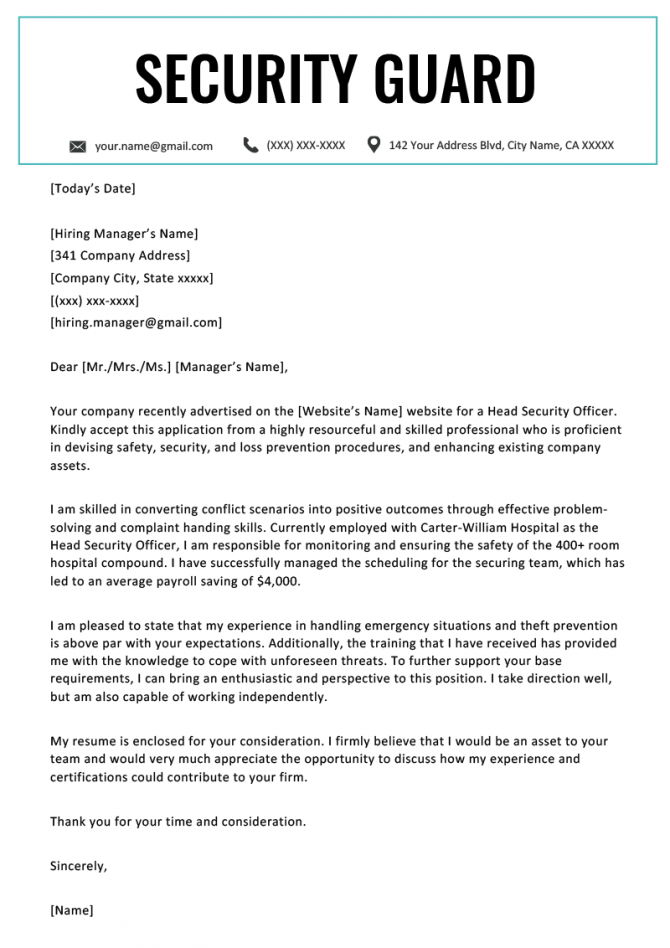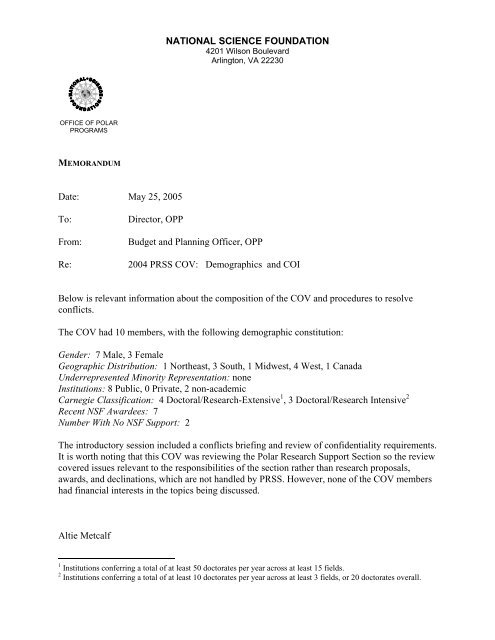
Set up a separate bank account that all of your bills and automatic payments come out of, and only use it to pay those bills. When you get caught off guard with an unexpected payment, you’ll be in a better place to avoid an overdraft. Keep a buffer in your bank account of $100 – $200 and consider that amount as your real zero. Resetting your expectations around your bank account balance can help keep you out of the red. This is also a good place to record the date your “free trials” end so that you can keep subscription-related costs to only the services that you really want to pay for.

#MEMO CREATED BY NSF SUPPORT PRO#
Pro tip: Put all your subscriptions and bill payments into your calendar with reminders and now you’ve got a single place to look when you want to see when scheduled payments are going through your account. This “heads up” can give you the time you need to transfer funds into your account or even reach out to the people or companies that might be about to process a withdrawal on your account and request a delay in the transaction until you have the funds to cover it.

Many banks will offer an email alert service to notify you when your account balance dips below a specified threshold. Talk to your bank about the best solution based on your account and spending habits. If you’ve had multiple NSFs in the past few months, this will probably be money well spent. Most banks have overdraft protection options that can be added to your existing account for a small monthly fee. The customer service agent that you’re speaking with usually has more empathy than people give them credit for, and the last thing they want to admit is, “ I can’t help you”.įollow these straightforward suggestions to prevent incurring a non-sufficient fund fee in the first place. Encourage them to work with you to find a solution. There is magic in the question, “ If you can’t waive the fee, is there any other way that you can help me?”. Inquire how else they might be able to help you. If you’ve gotten NSF fees before or frequently defaulted on credit payments, it’s possible that you might be refused for a refund. Isn’t it always easier to be patient and helpful with someone that is pleasant, friendly, polite and just in need of a helping hand? Start the call on the right foot by asking the agent how their day is going, and letting them know that you’re sorry to bother them, but that you were wondering if they could help you with a problem you’re having. Put on your best customer service voice, keep calm, and be friendly. It’s normal to get riled up about the fee, but wait until you’ve cooled down to make the call to your bank.

When requesting to have your NSF fee waived, be sure to follow these basic guidelines. I promise you it’s that easy! If your bank account is in good standing and if it’s the first time you’ve ever incurred an NSF (or even the first time in a while), your continued business is more important to the bank than the $45 they’re trying to collect.

Canadian banks charge between $25 and $48 as an NSF penalty every time a transaction drops you below zero, even if you were only missing a few dollars to cover the cost.Īsk to have the fee reversed. NSFs, or overdraft fees, can occur when a cheque is processed or when automatic charges are placed on your account, like a pre-authorized debit from subscription service, a scheduled bill payment, and even the bank’s own service charges. By following a few simple steps, you can usually get that bank fee reversed.Ī bank will charge you a non-sufficient funds (NSF) fee when there is an attempt to withdraw more money than the available funds in your bank account. If you’ve been the recipient of one of these fees, we have some good news. NSFs are usually the result of a short-term cash flow issue, and getting hit with a double-digit charge from your bank when you’re clearly tight on cash, to begin with, can often feel like a low blow. Most of us have had the frustrating experience of checking our bank accounts, only to find our bank has hit us with a non-sufficient funds (NSF) fee because of a declined withdrawal that exceeded our bank balance. “Take my money!” said no one to any financial institution, ever.


 0 kommentar(er)
0 kommentar(er)
